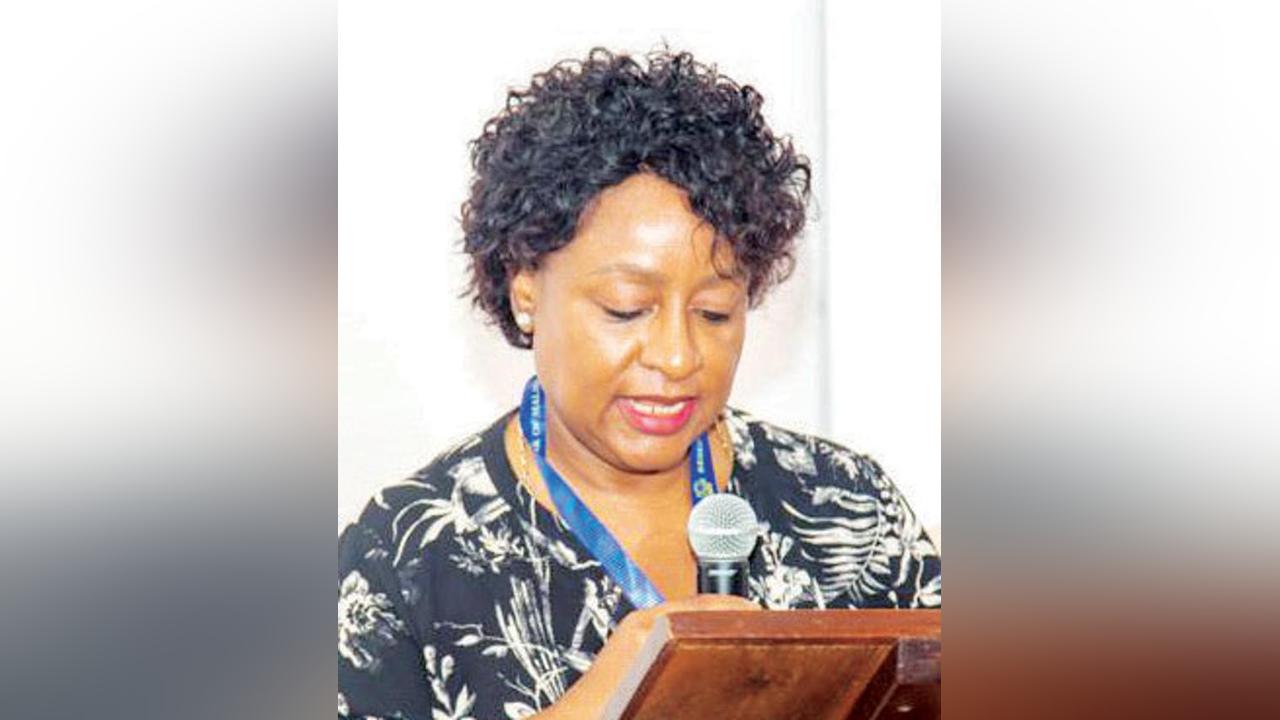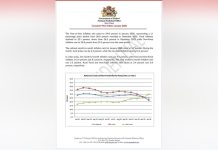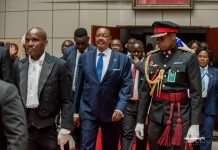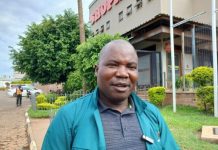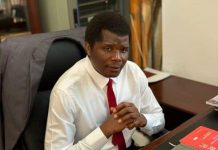Africa-Press – Malawi. Economic expert working with the International Monetary Fund (IMF), Austin Chiumia, says Malawi has in recent years registered slow economic growth which has failed to meaningfully reduce poverty.
Chiumia was speaking during a financial sector lawyers conference at the weekend when he made a presentation on recent economic developments in Malawi. The conference deliberated on financial services laws and delivery of economic justice.
In his presentation, Chiumia, who is responsible for IMF’s Programme and Macroeconomic Stabilisation in Malawi, said, historically, Malawi’s economic growth has been below six percent with an average of 3.9 percent between 2011 and 2020.
He said erratic weather patterns have also dealt the country a heavy blow, citing tropical storms, delayed rains and dry spells among some catastrophes that have choked the country’s economy in recent times.
“The sector we rely on to spur growth is highly vulnerable to weather [shocks]. As such, there is a need for urgent diversification. In the next year, we cannot rule out downward revisions of real gross domestic product because adversaries have intensified,” Chiumia said.
He highlighted Malawi’s constraints in generating forex among the challenges the economy is facing. He said most of the challenges the economy is facing are historic in nature and can only be addressed through policy intervention.
“Regardless of the regime, from a technical point of view, it was just a matter of time to experience all these challenges,” he said.
The view comes weeks after the United Nations Development Programme said, in Malawi, human development conditions have remained static in the past two years.
Available data show that Malawi’s Human Development Index remains below the average of low-income countries in the region, with a score of 0.512, against the average of 0.547 for sub- Saharan Africa.
Malawi Law Society President Patrick Mpaka decried economic woes most Malawians are subjected to, saying the situation has made economic justice unattainable. This, he said, is because there has been consistent abuse of trust among authorities.
“The cry for economic justice delivery for all is getting louder by the day and since 2019 our streets have not really run out of mass expressions of disappointment with the status quo,” Mpaka said.
According to Mpaka, Malawi can succeed in the delivery of economic justice if it creates opportunities for everyone to potentially thrive, prosper and have a dignified and successful life.
Meanwhile, Vice President for the Bankers Association of Malawi Zandile Shaba has said as Malawi faces a host of challenges such as foreign exchange shortages, debt problems, and electricity deficit as well as the fuel crisis, there is a need for continued conversations on how to bring solutions. The World Bank projects that the number of Malawians living below the international poverty line will remain at 71 percent this year and in 2023.
For More News And Analysis About Malawi Follow Africa-Press

